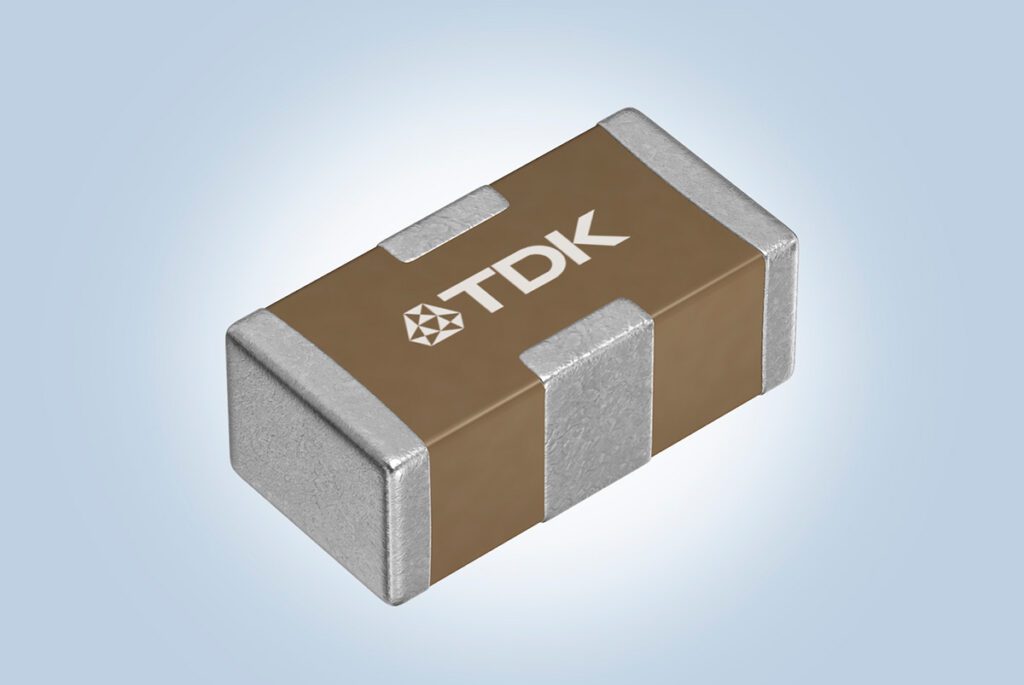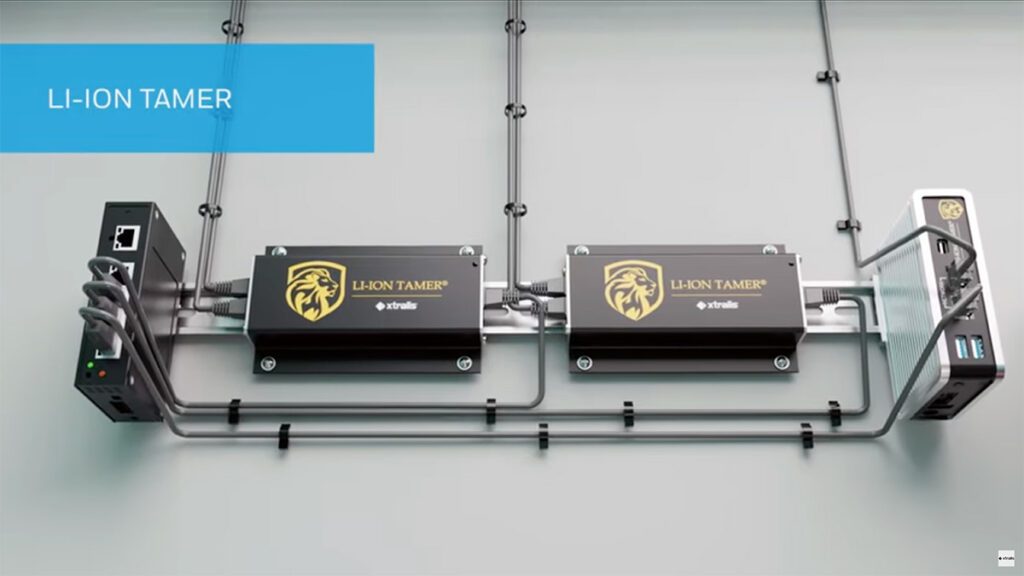Key regulatory agencies from the US, EU and Japan agreed yesterday to “closely cooperate on convergence of regulatory obligations related to electric vehicles in the global context.”
Key regulatory agencies from the US, EU and Japan agreed yesterday to “closely cooperate on convergence of regulatory obligations related to electric vehicles in the global context.” If our translation of the press release’s bureaucratese is correct, the result could be revolutionary: someday EV makers may be able to market their cars around the world, without having to produce different versions to comply with different countries’ regulations.
The agencies involved are the European Commission (EC); the National Highway Traffic Safety Administration (NHTSA) and the Environmental Protection Agency (EPA) in the United States; and the Ministry of Land, Infrastructure, Transport and Tourism of Japan. The agreement sets up two working groups, which are open to all countries that signed on to the 1998 Agreement on Global Technical Regulation, including India and China.
The first group will address the safety aspects of EVs and their components, including batteries. The second group will focus on environmental regulations applied to EVs. The idea is “to exchange information on current and future regulatory initiatives in this field, to avoid unnecessary differences between regulatory approaches and, where possible, develop common requirements in the form of a Global Technical Regulation (GTR).”
Noting the wiggle words “unnecessary” and “where possible,” we have to admit that it’s not quite a manifesto for a global-market Autopia, but it sounds like a move in the right direction.
EC Vice President Antonio Tajani certainly thinks so, saying, “This is a crucial step towards the development and reach out of electric cars. The regulatory cooperation agreement will help to increase the market potential for this important breakthrough technology, contributing for competitiveness and a more sustainable road transport.”

















































































